

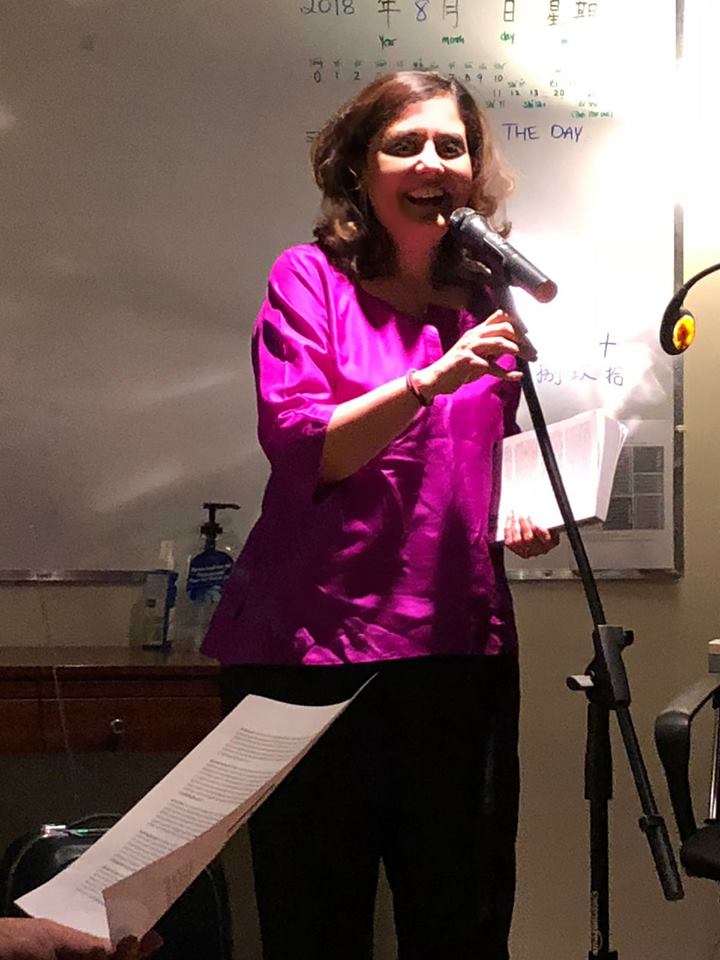
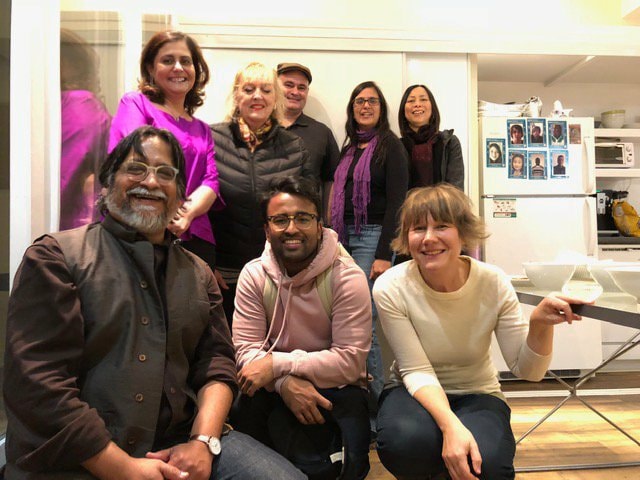
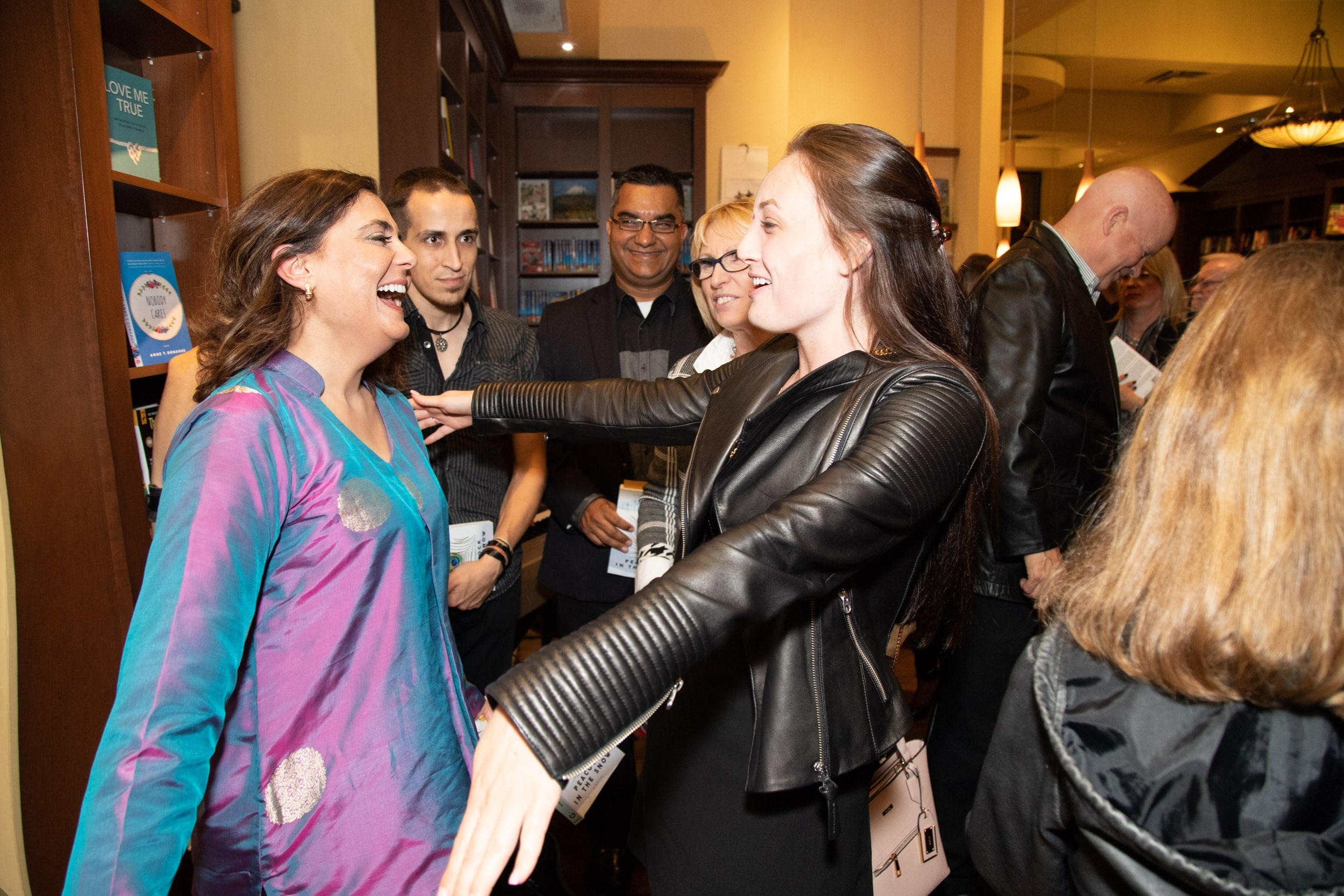
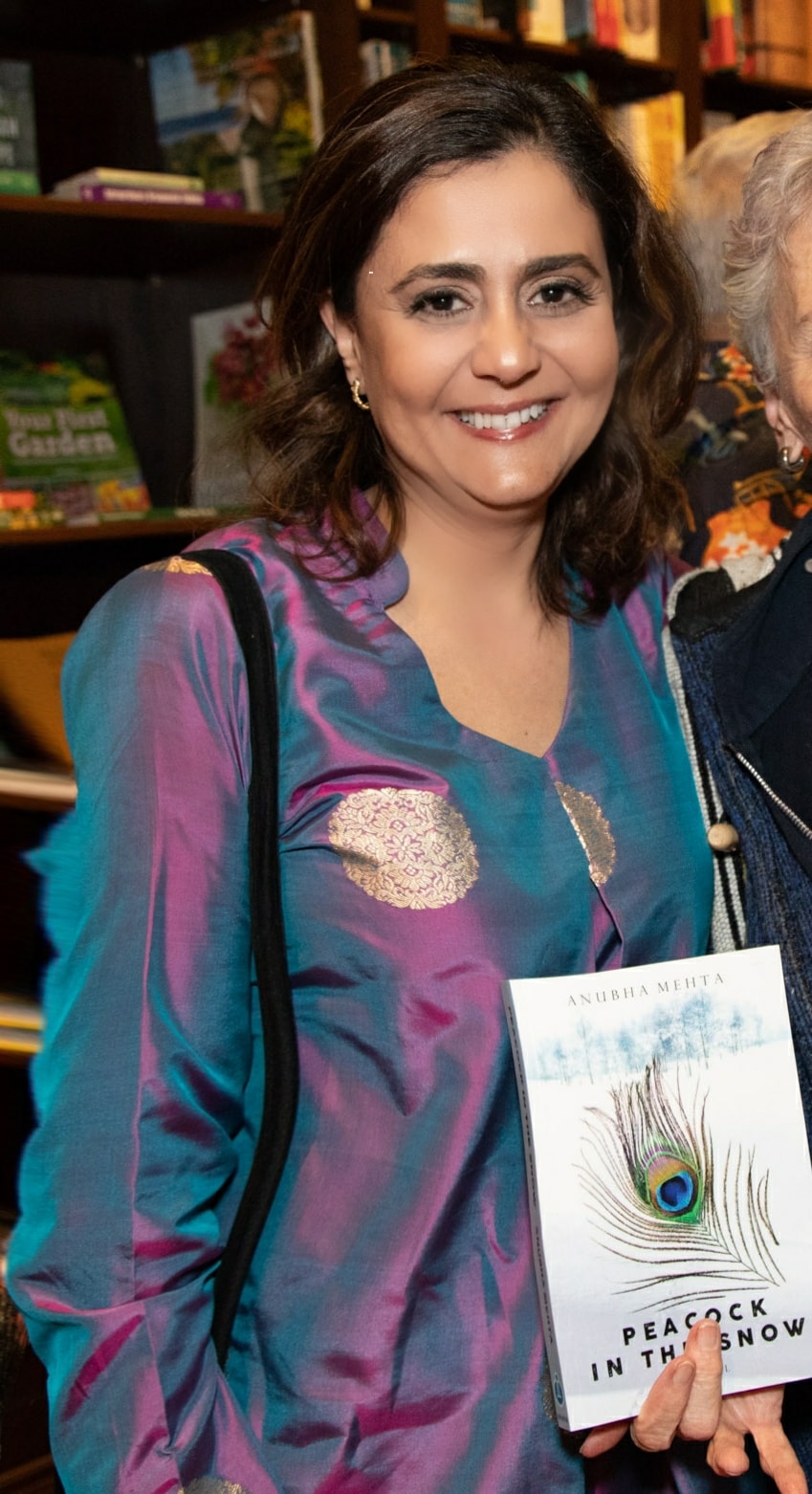
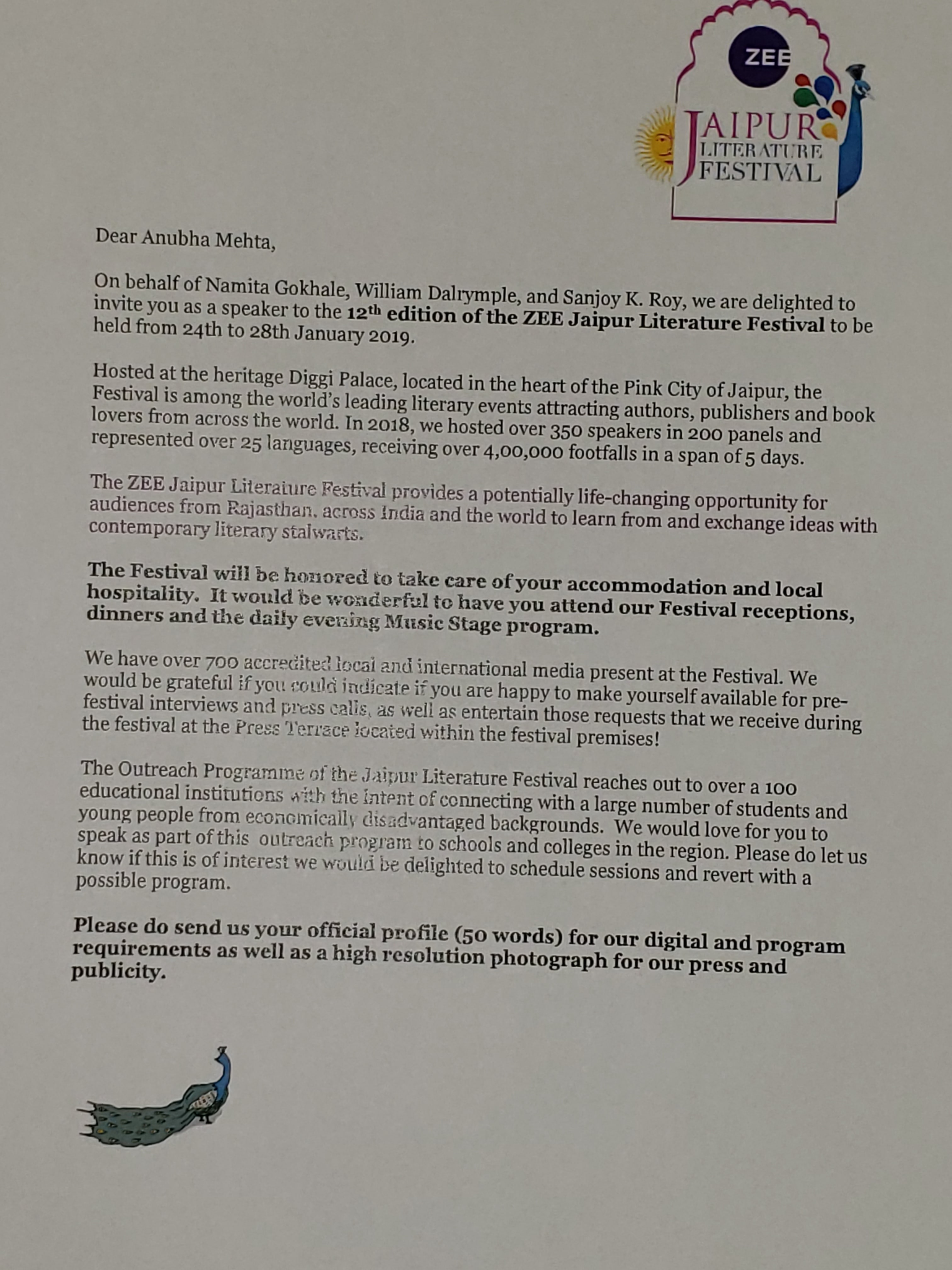

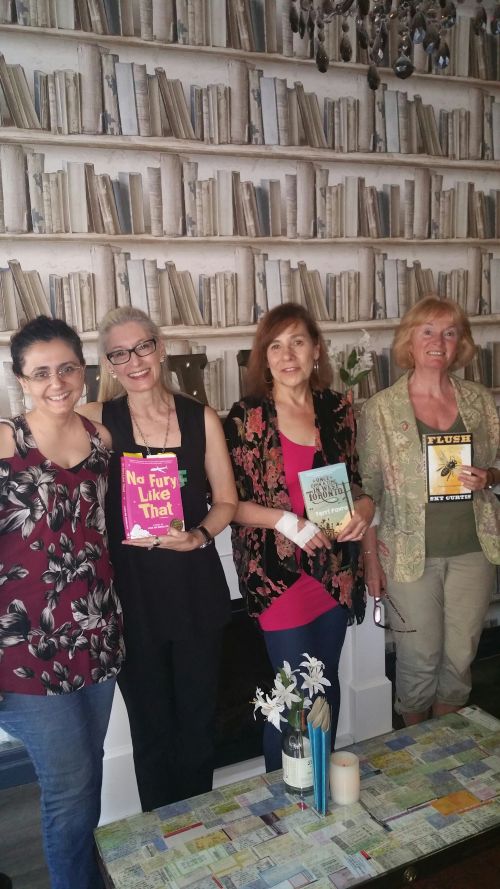
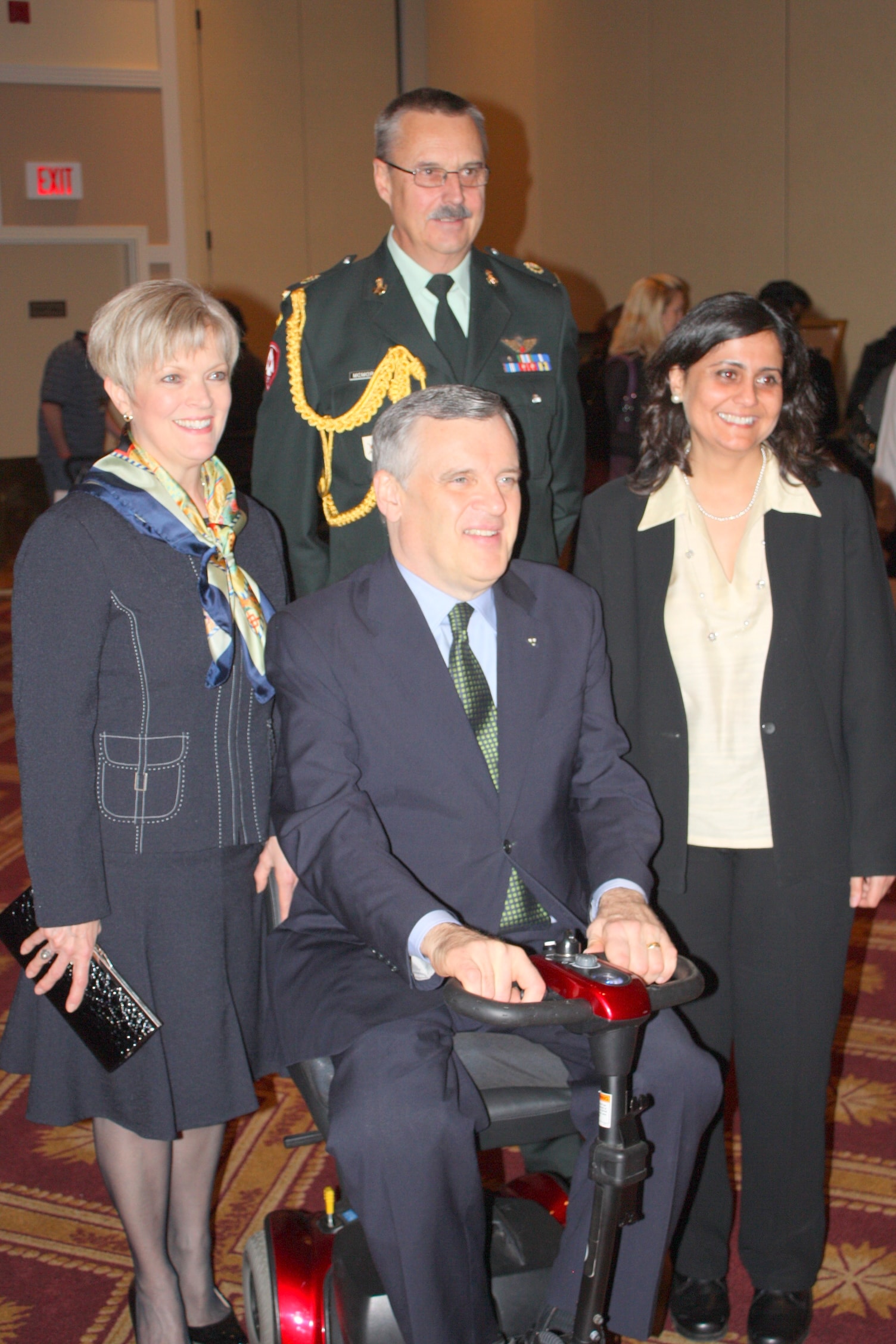
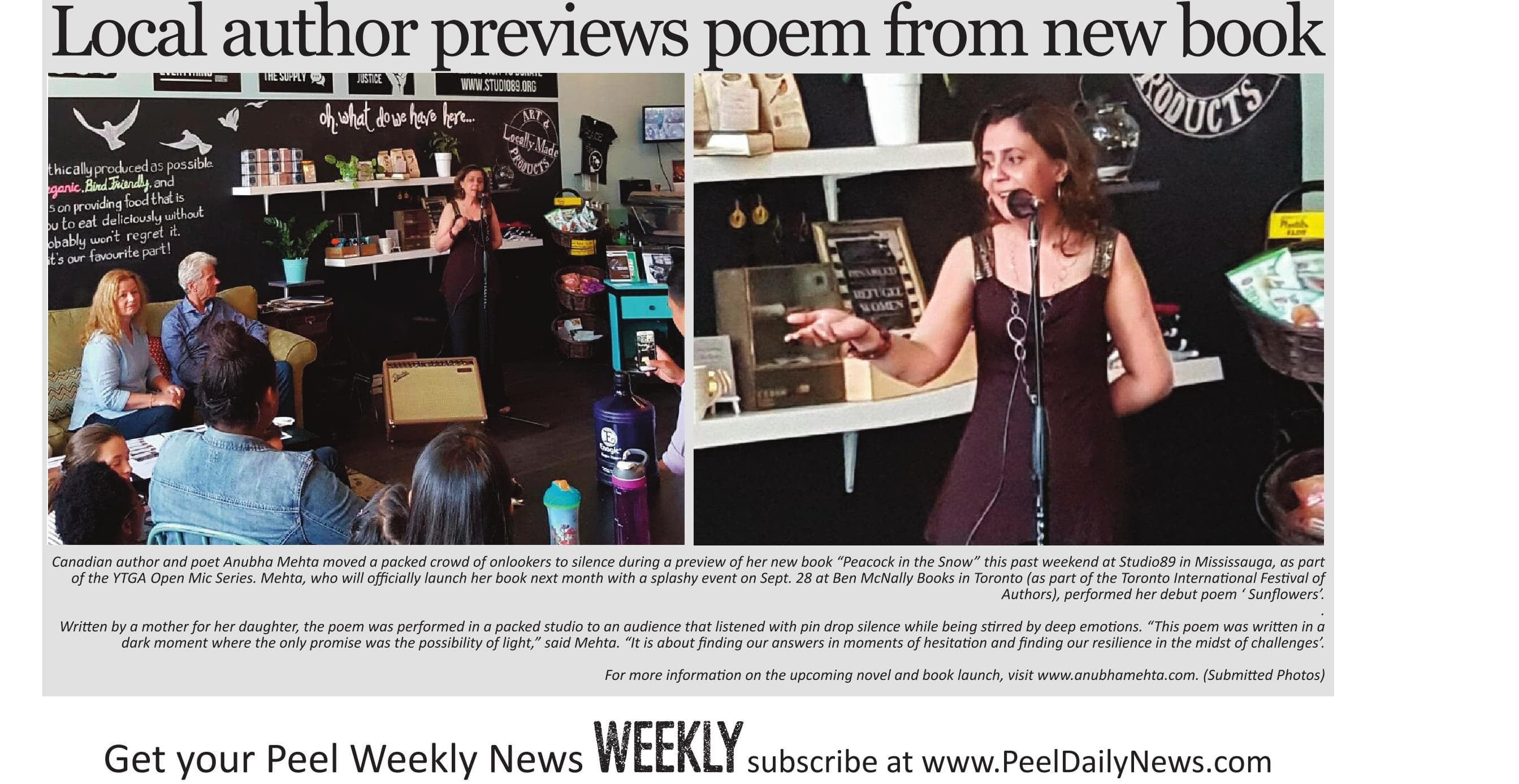
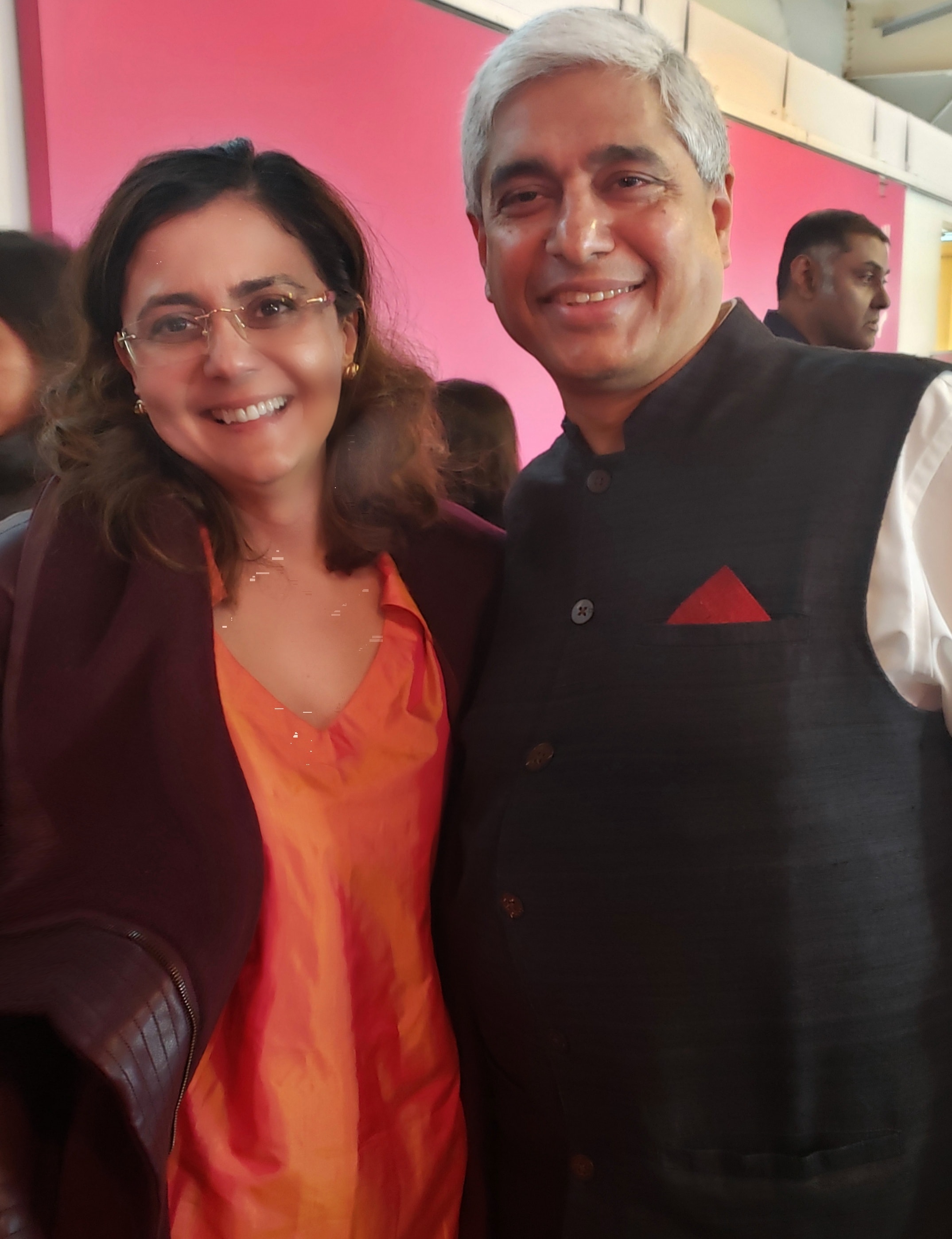

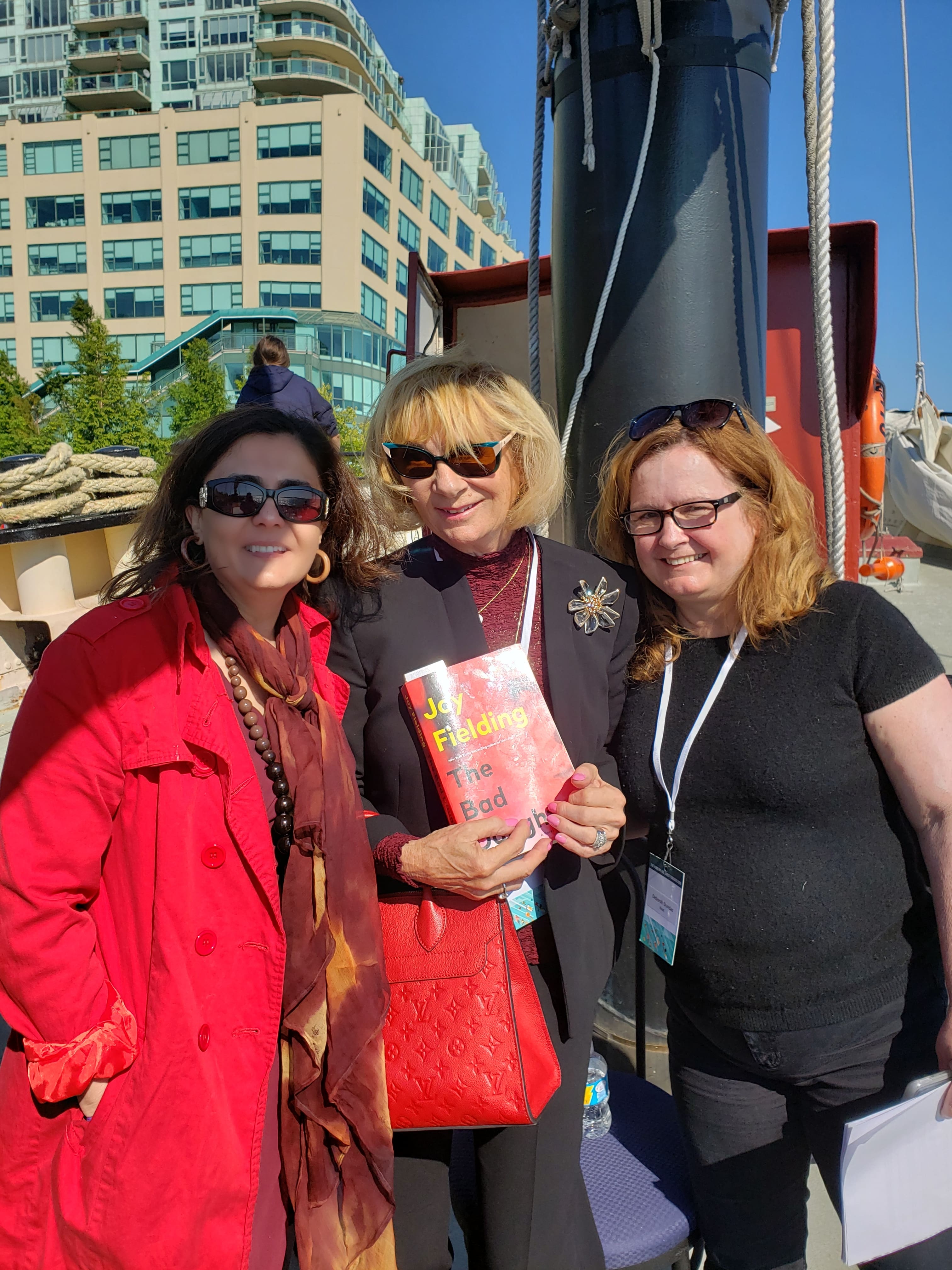
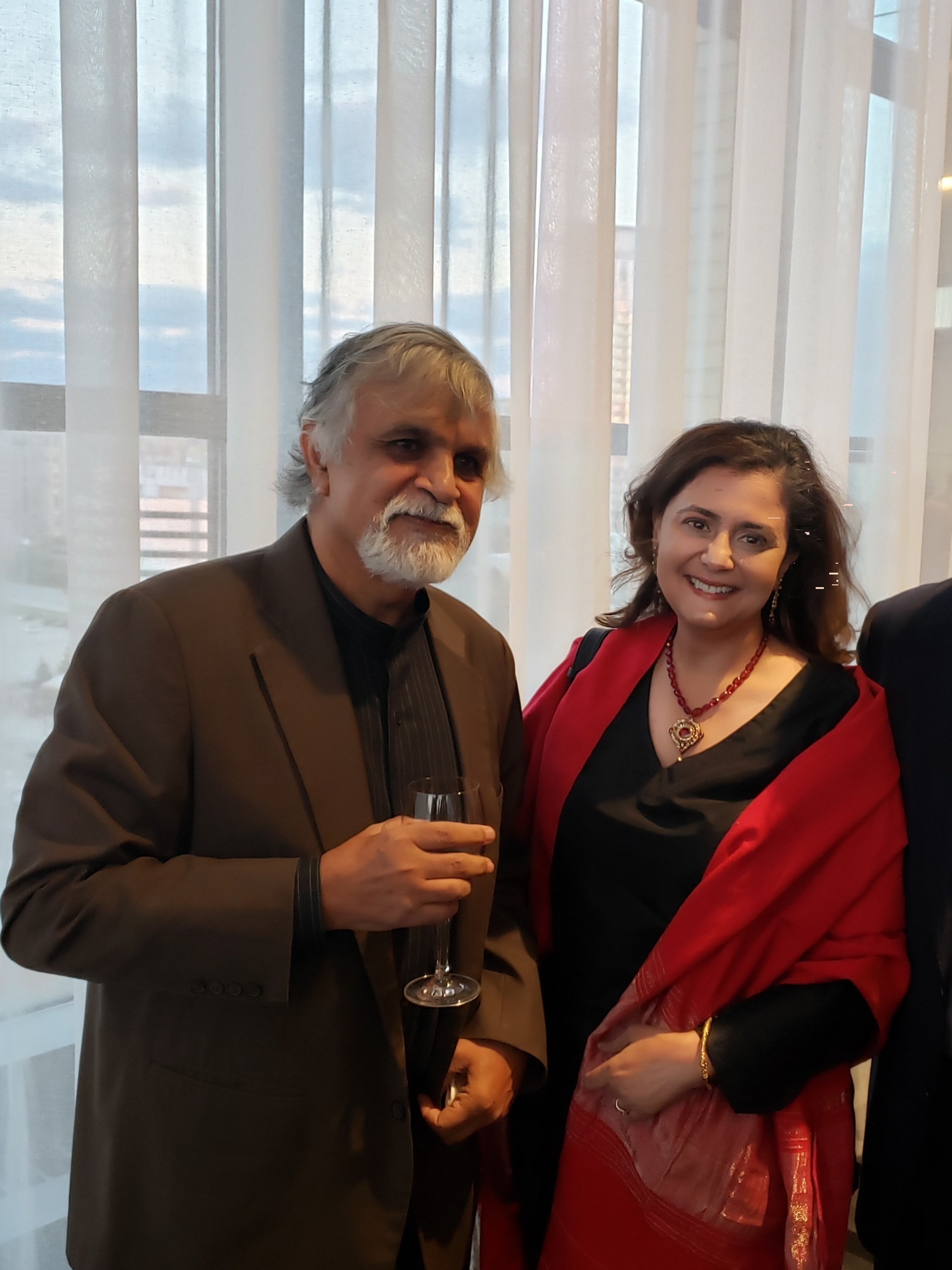
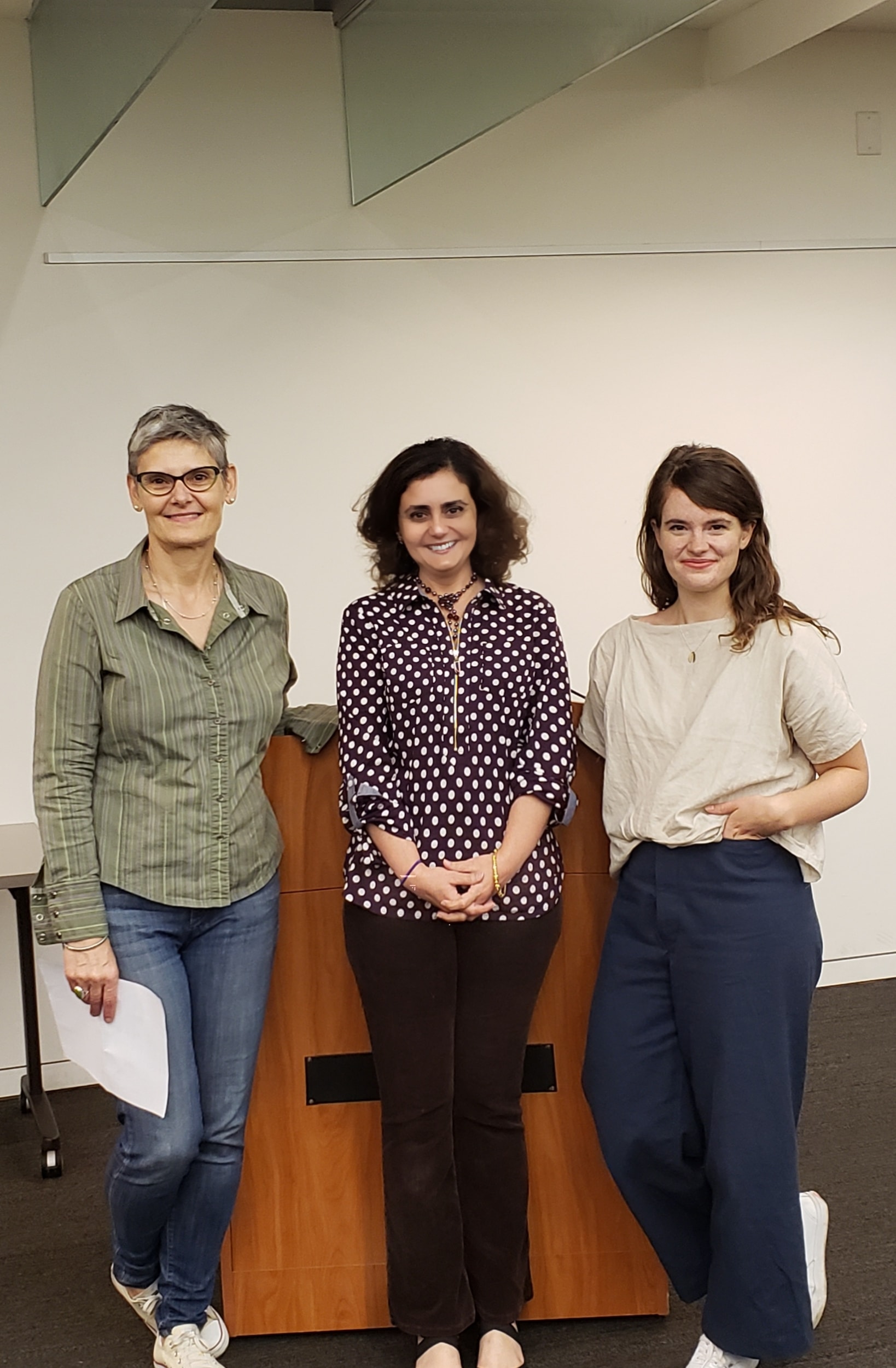
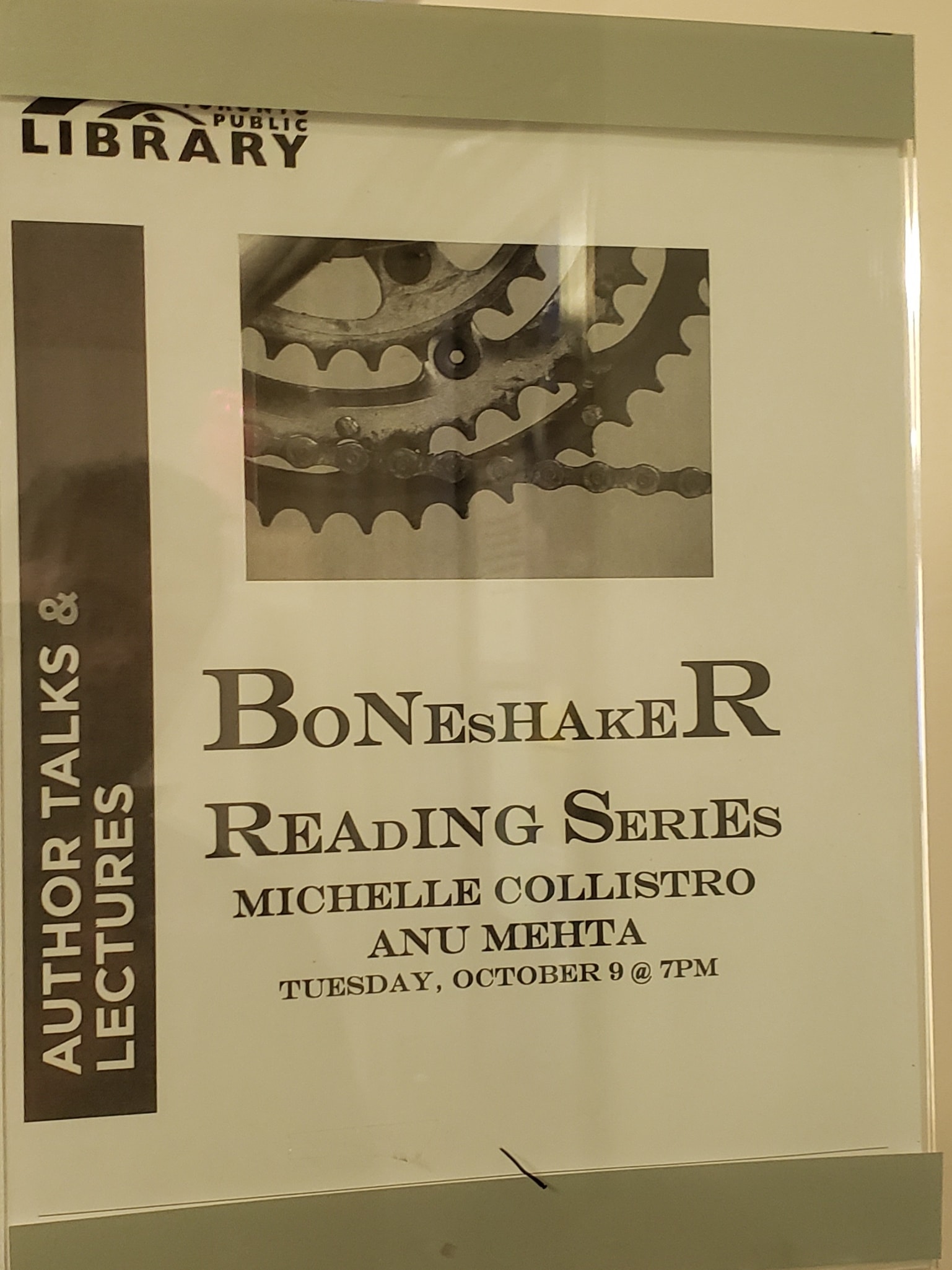
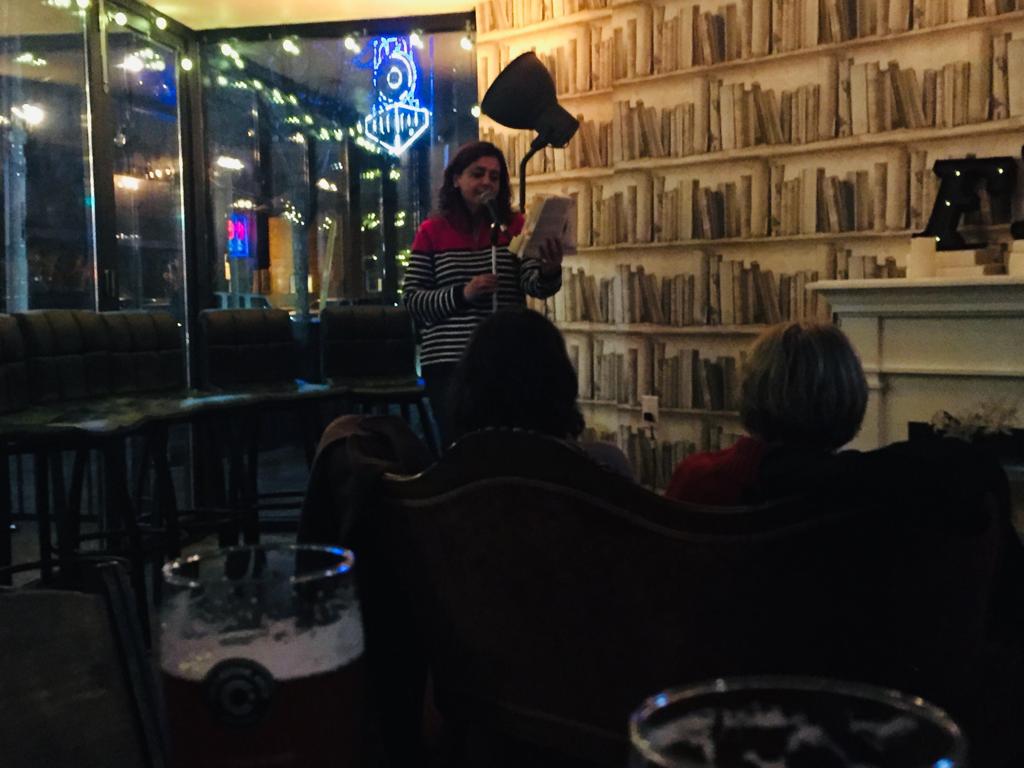
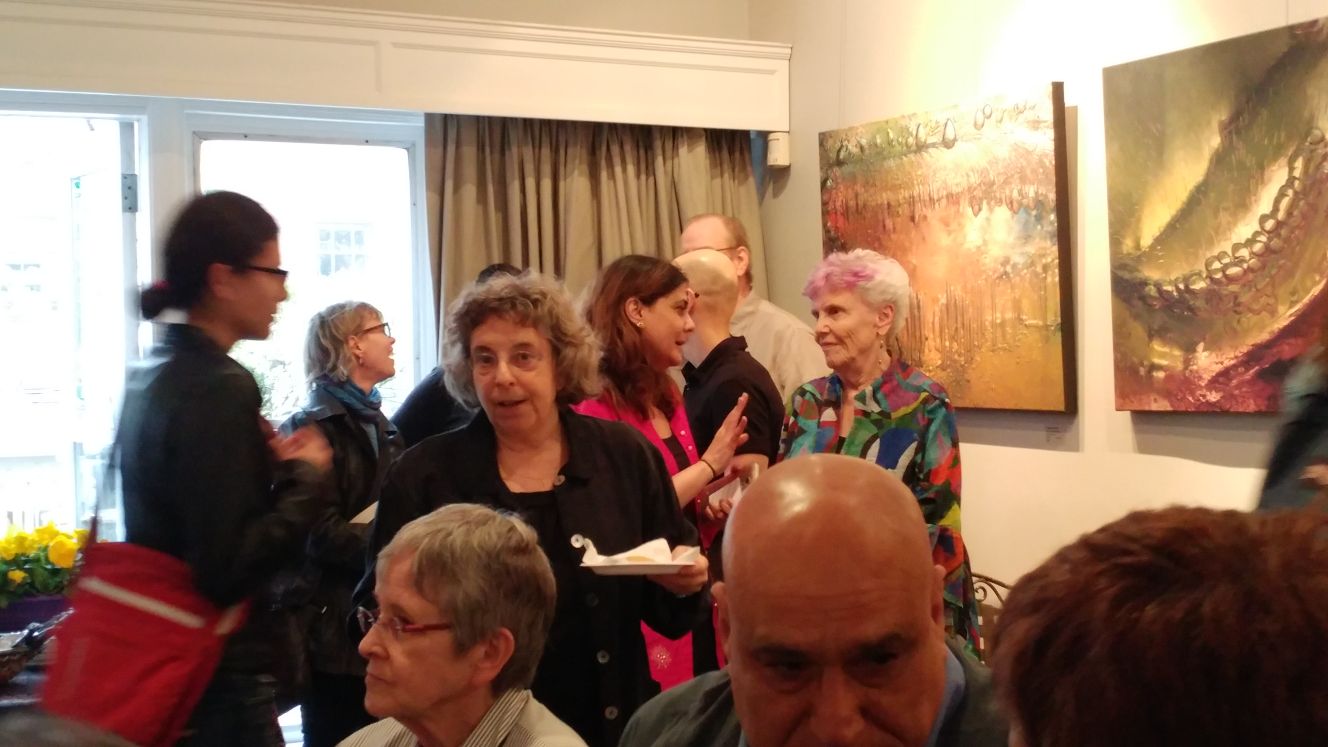
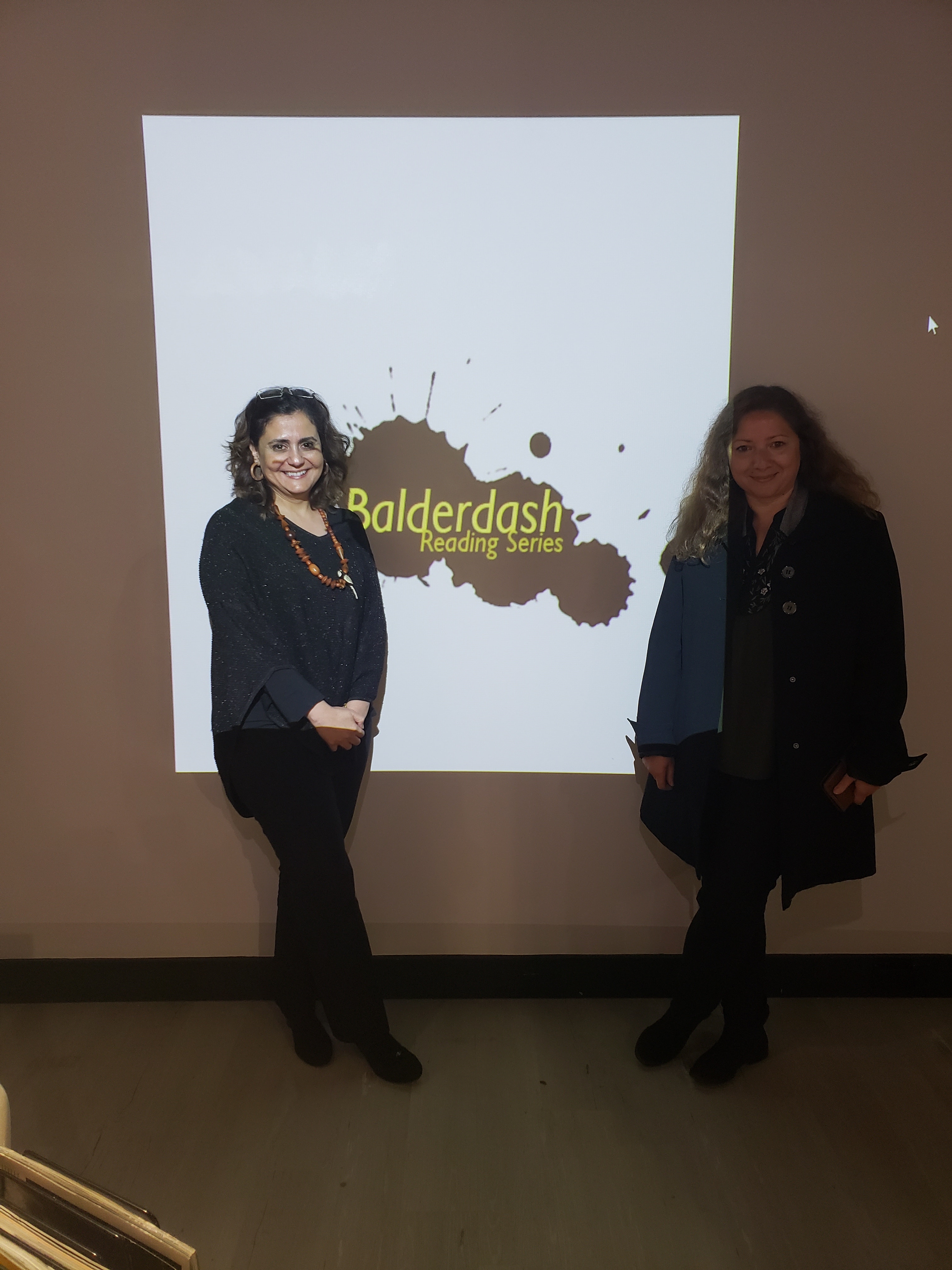



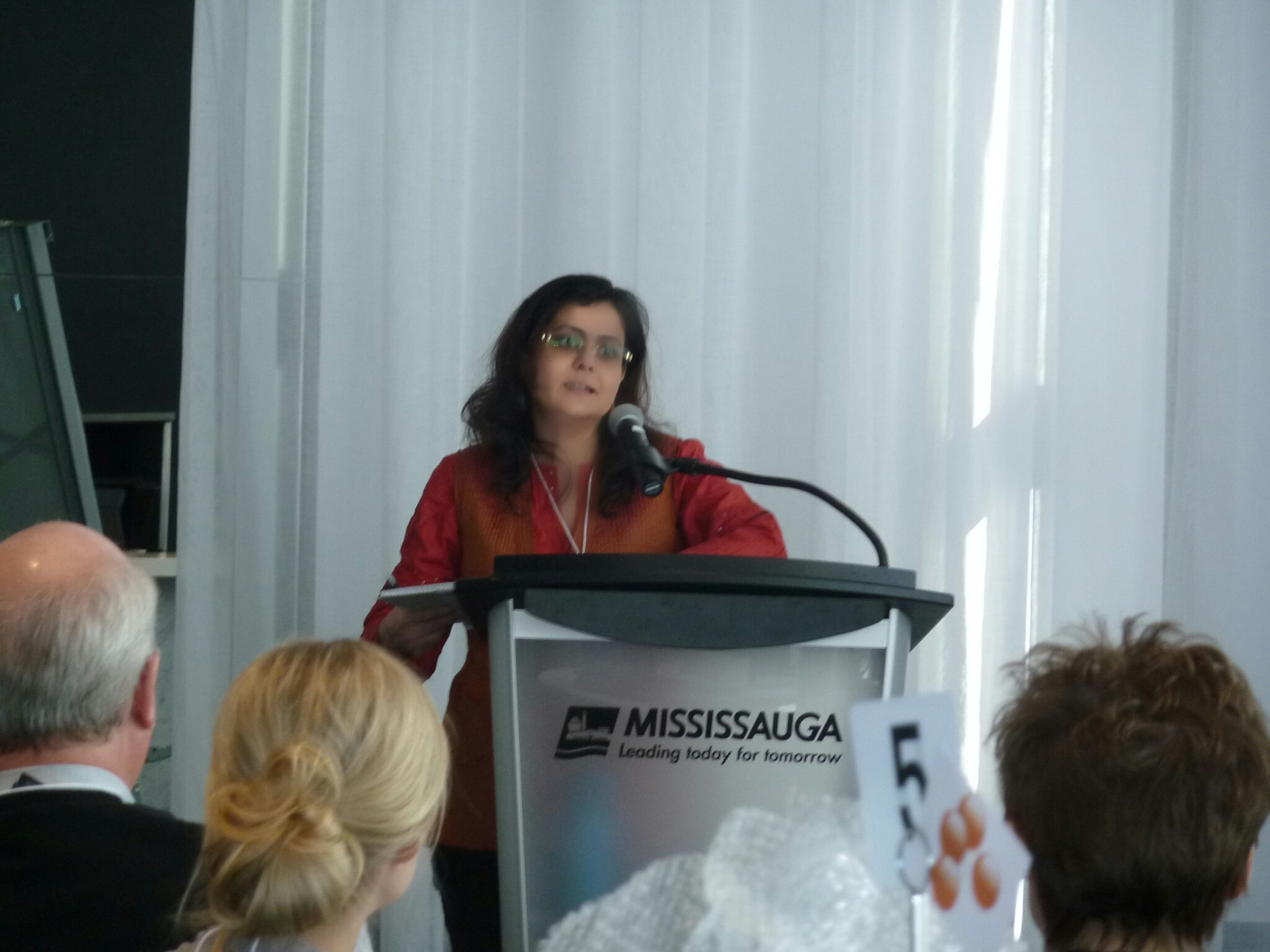

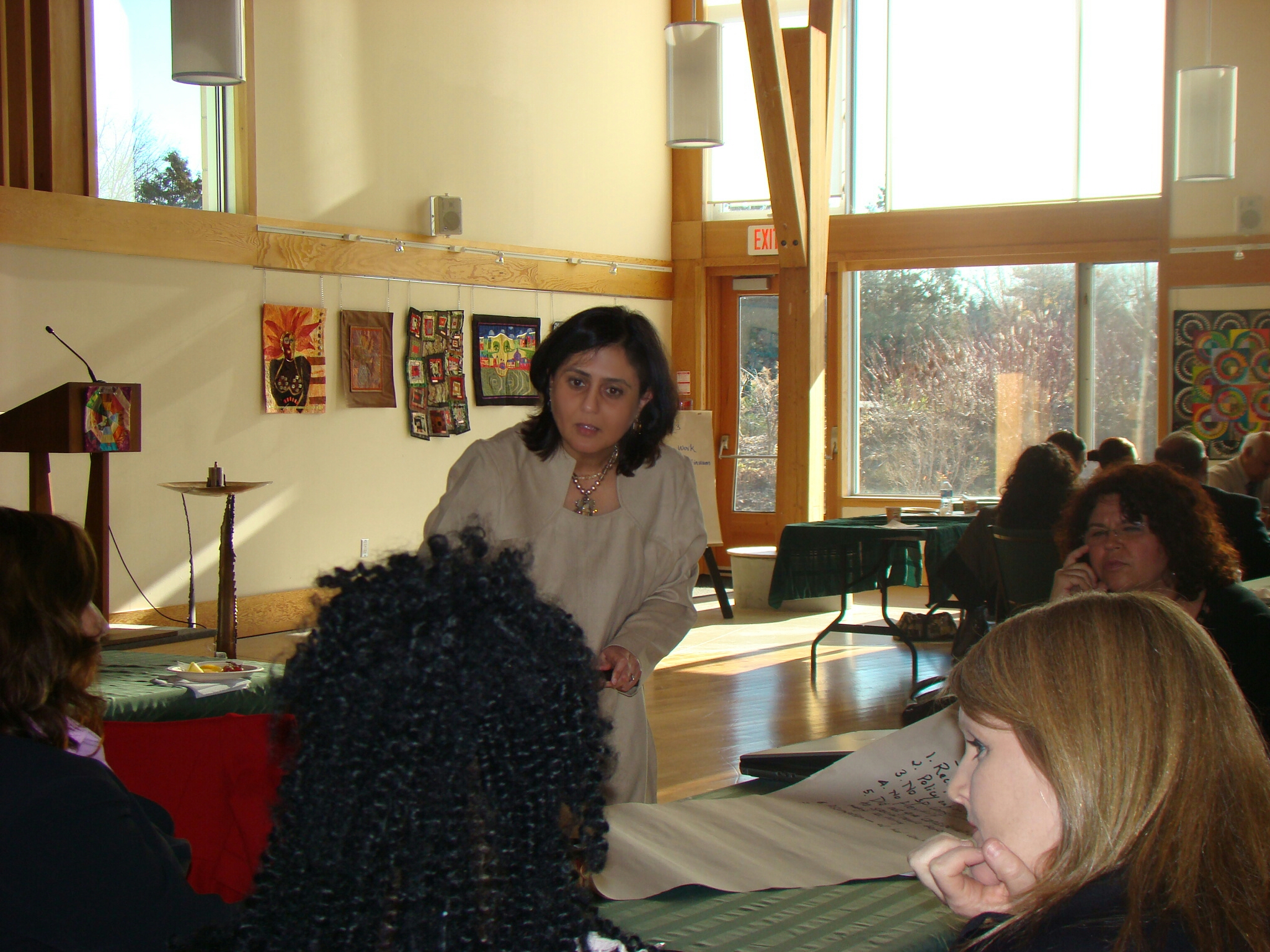
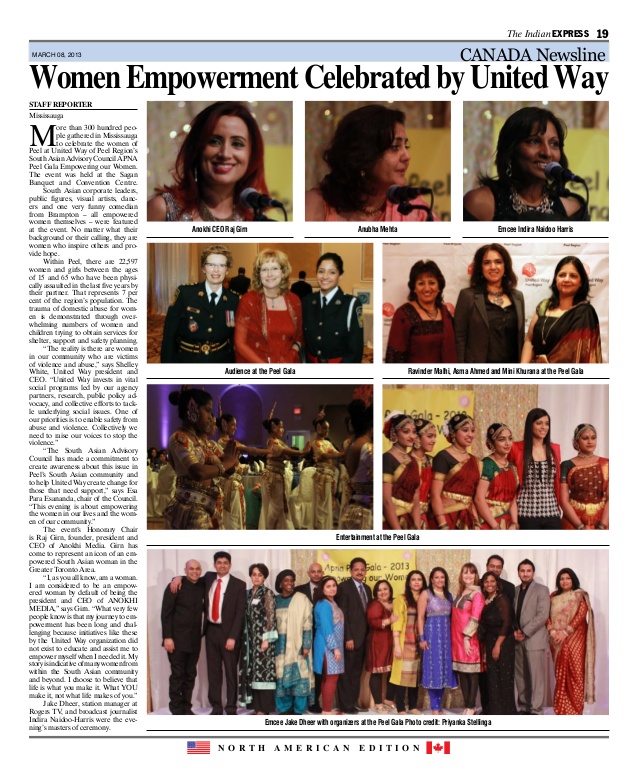
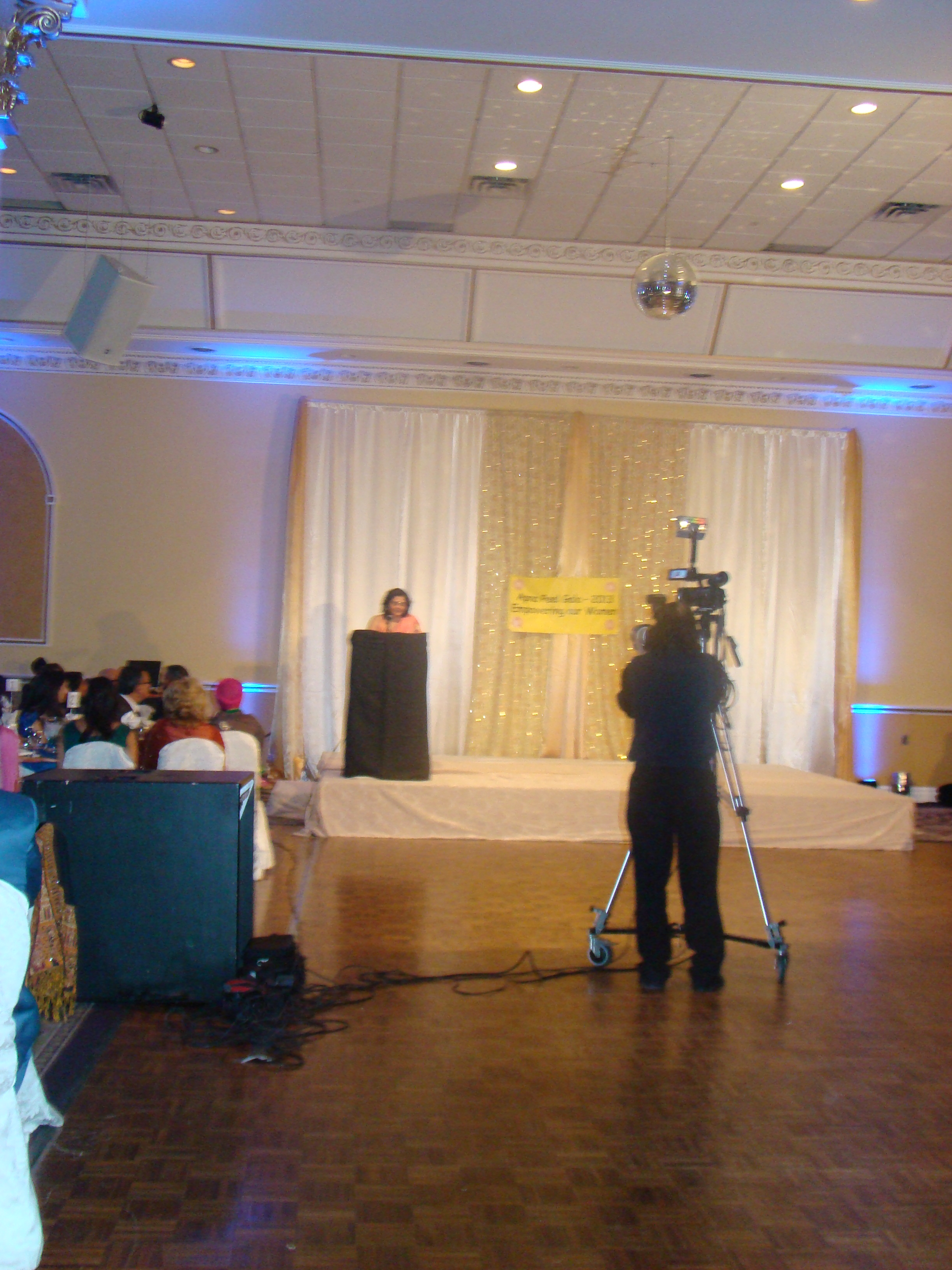
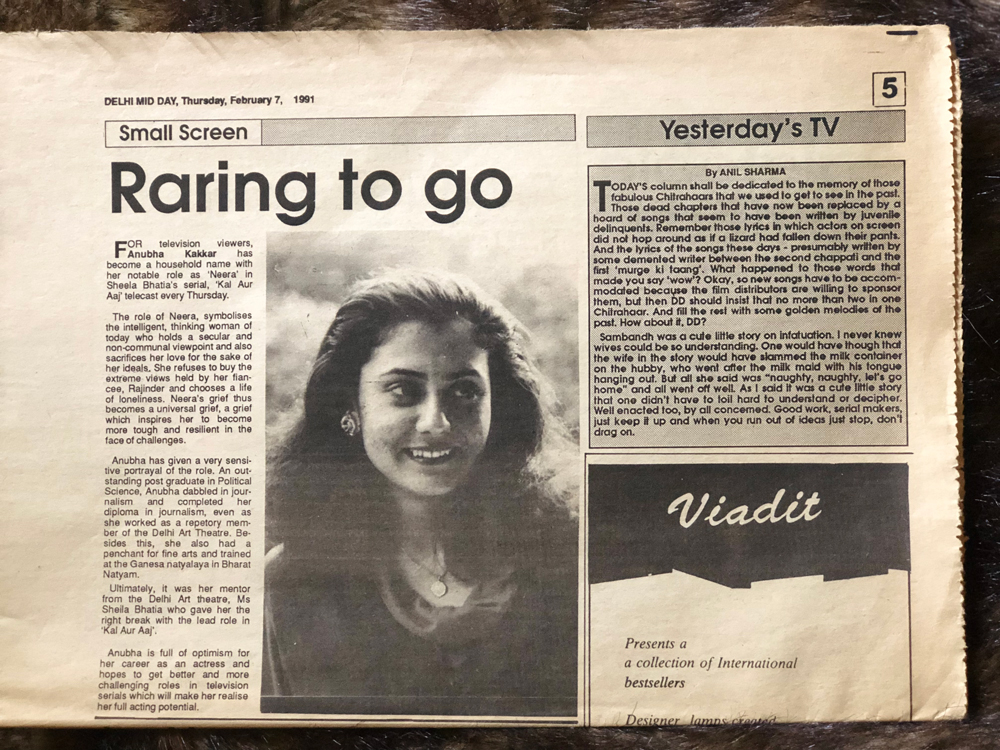



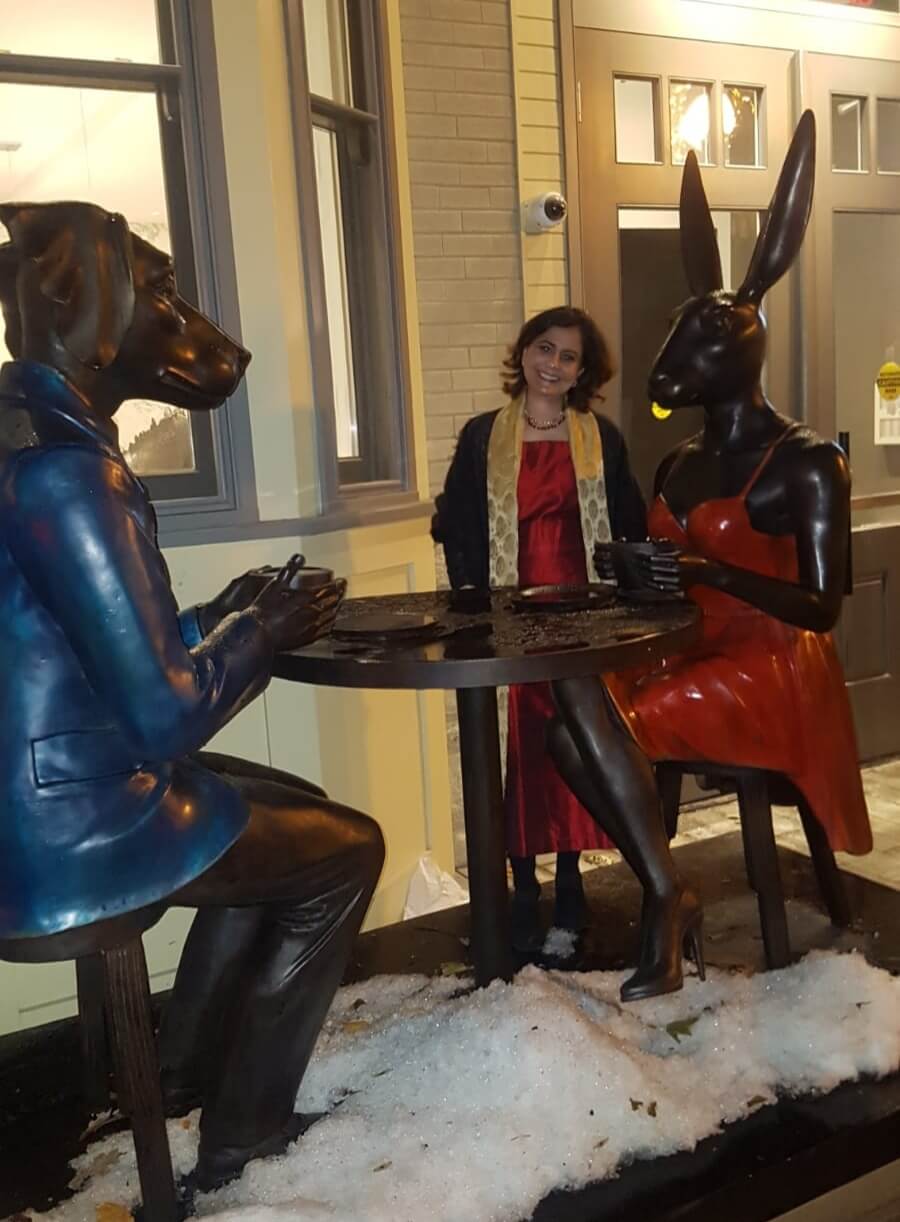
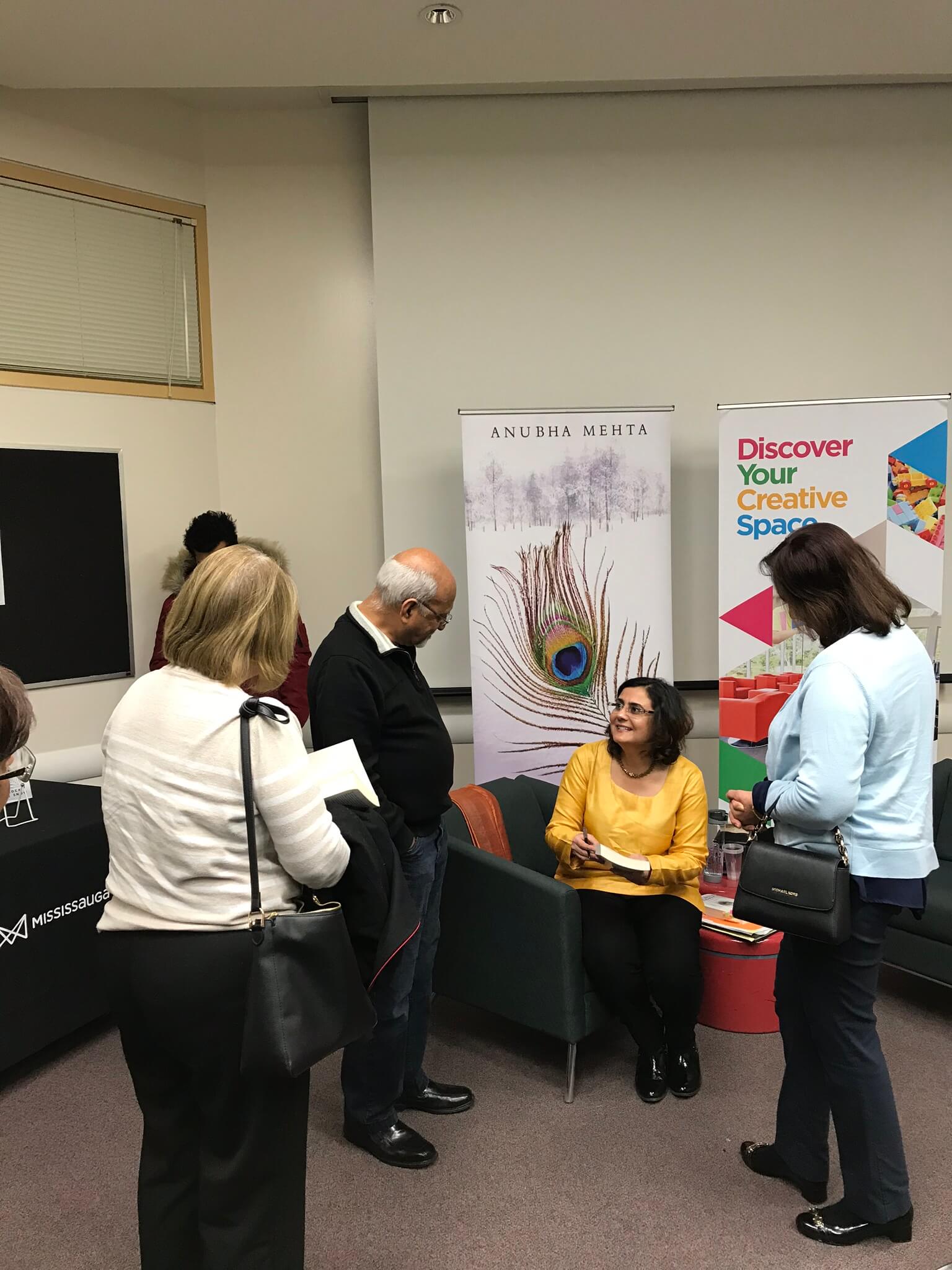
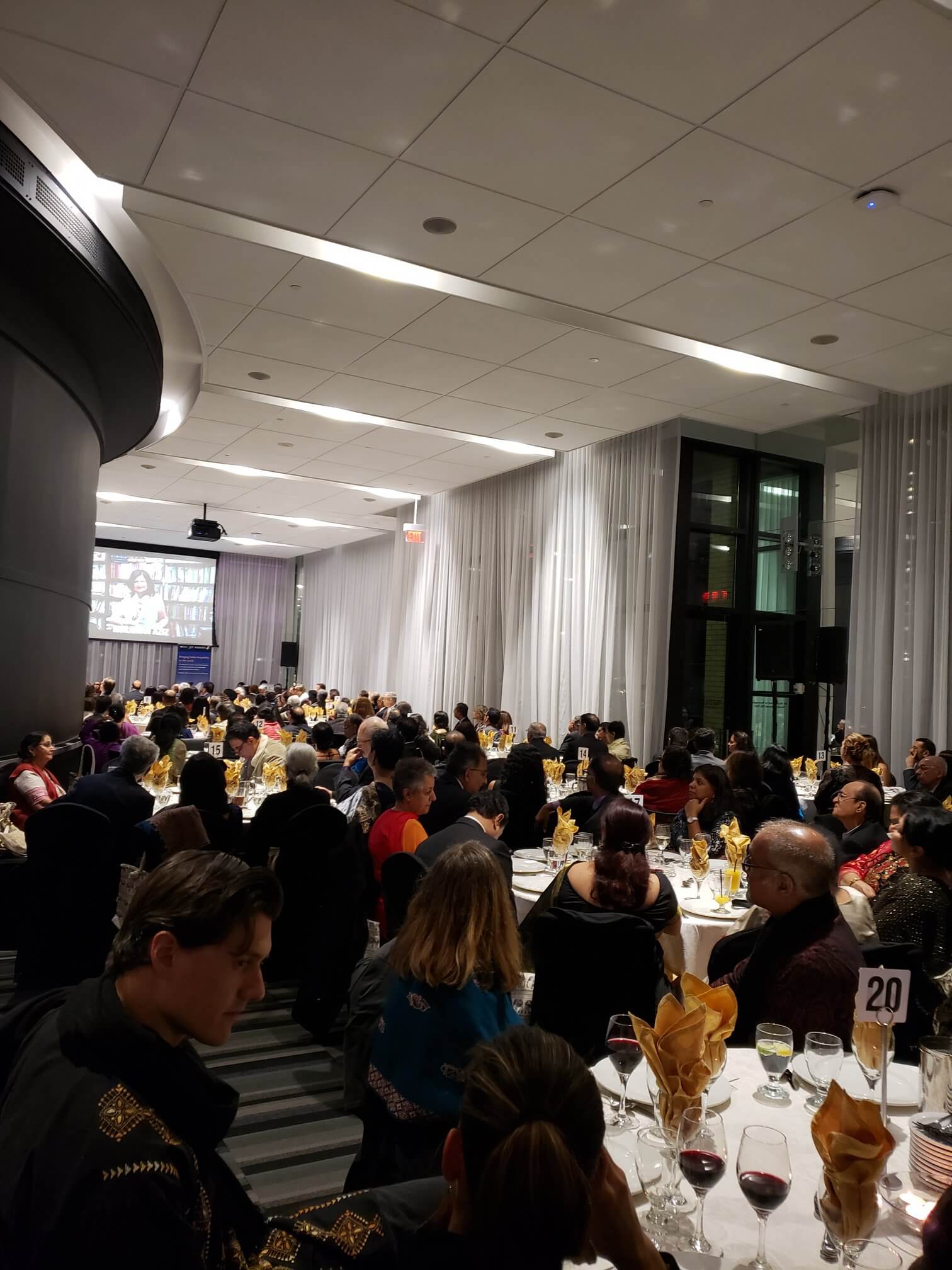
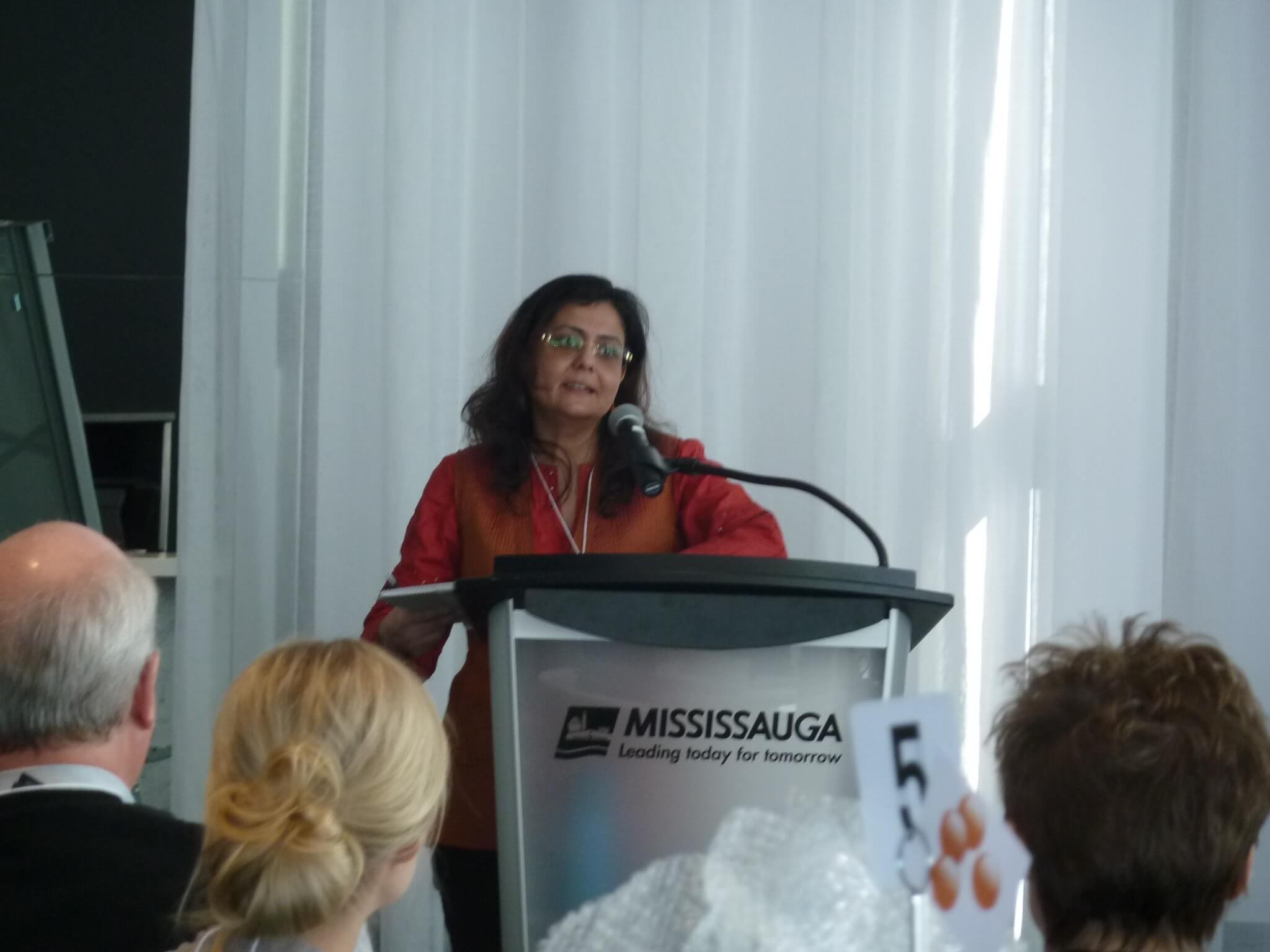
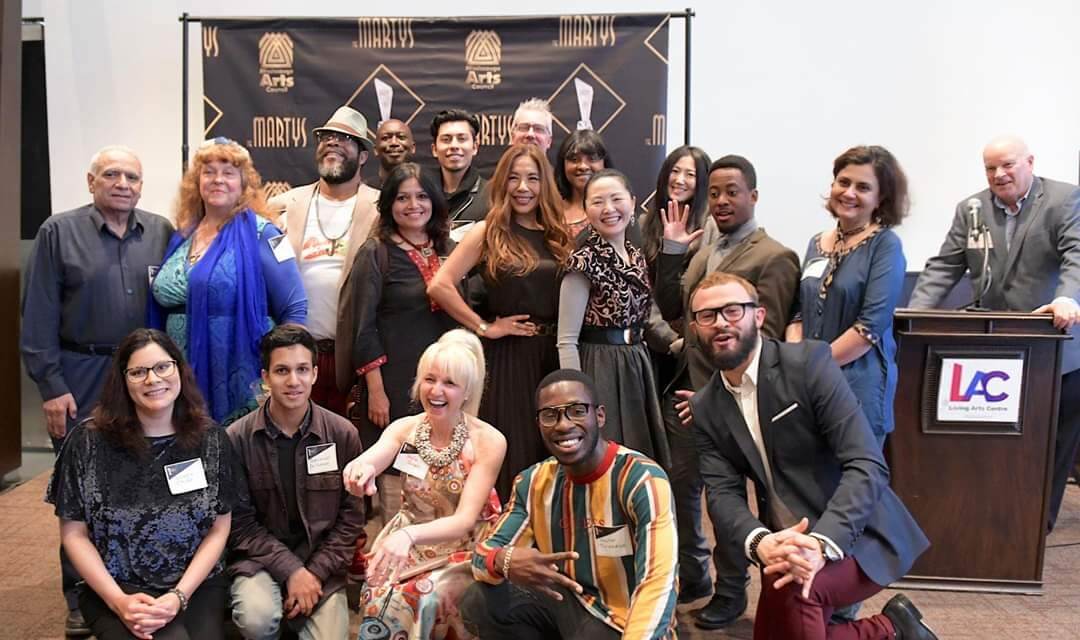
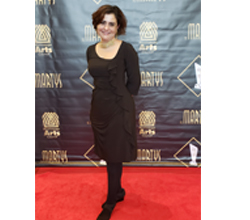
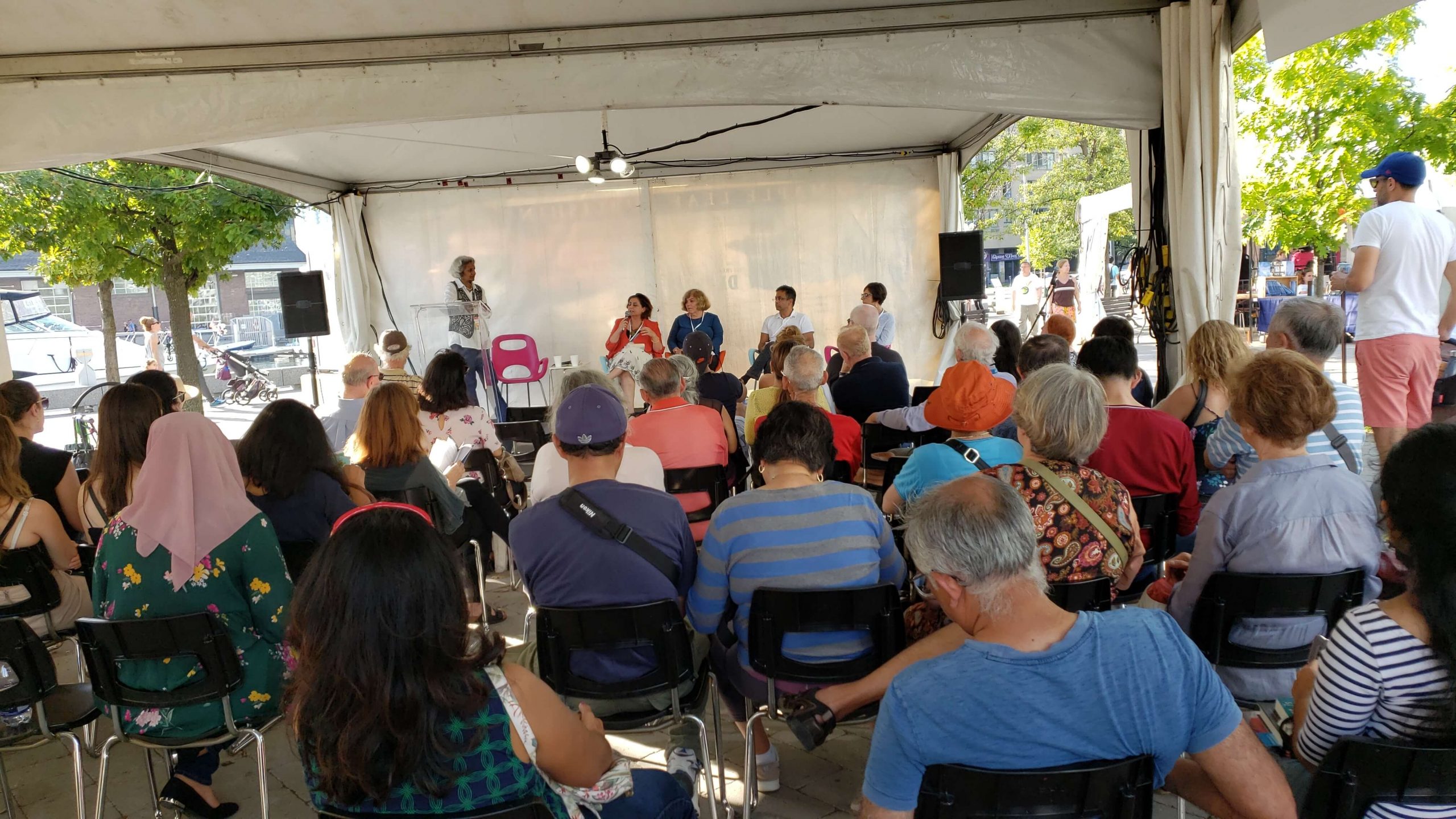
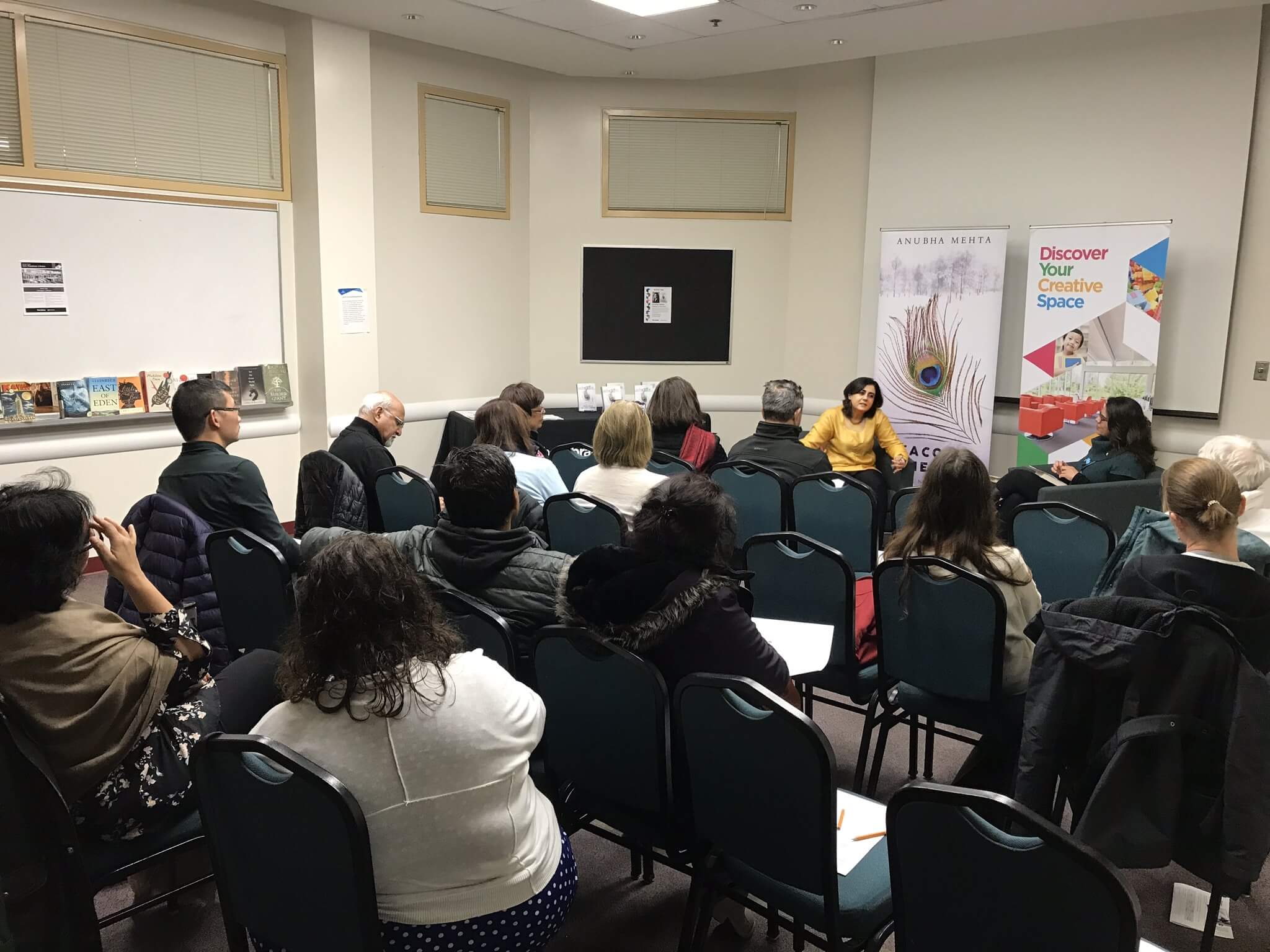
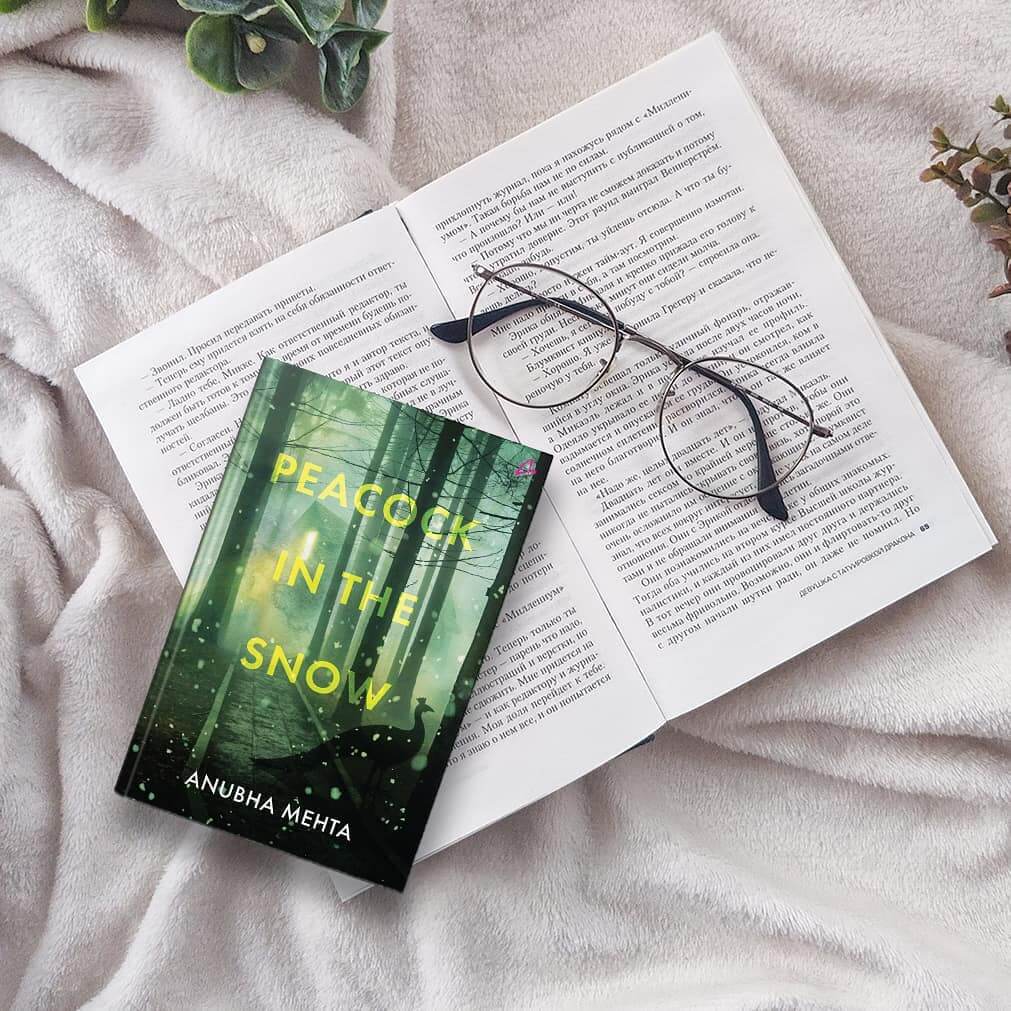
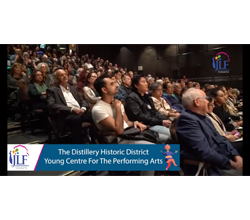
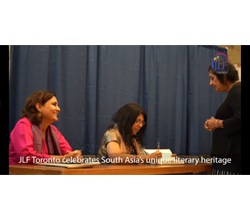

On September 11, 2018, Mississauga News, a division of Metroland Media and with a reach of more than 7.7 million residents, released a ‘reveal-all’ interview with author Anubha Mehta . There is a saying, ‘ you will always be my friend as you know too much’. And that saying is valid now.
Mississauga News: https://www.mississauga.com/whatson-story/8891370-mississauga-author-anubha-mehta-set-to-release-debut-novel-peacock-in-the-snow/
Here is a heart-to-heart interview with author Anubha Mehta.
She’s a Canadian author who was born in India. With a doctorate in Political Science and over two decades of Canadian public service experience, Anubha’s writing has been widely published in Canada and abroad. Anubha led a singular portfolio of The Diversity Officer at the Regional Government of Peel and has been awarded and acclaimed for her work with diverse Canadian communities. Anubha has always balanced academics and public service with art and has been a classical dancer, theatre actor, painter and poet.
Q. What is Peacock in the Snow about?
Peacock in the Snow is a genre-bending thriller about the power of love, sacrifice and the tireless capacity of people to hope, strive and succeed despite impossible circumstances.
Peacock in the Snow is a story of shy and naïve Maya and how her perfect life with her new husband Veer is thrown into complete disarray when she accidentally stumbles on an ancient family secret. Maya migrates to Canada and start rebuilding her life amongst adventure and hardship. Not knowing that the ghosts of her past have followed her, in a race against time, Maya is put to a final test. Armed with conviction and courage, she sets out to face the dark forces that lie await.
“Peacock in the Snow is a story of belief, vengeance, and forgiveness,” says Anubha. “It is a story of optimism rooted in the imperfections of life. The protagonist’s hope makes her resilient and her courage leads to her redemption. The only way to overcome past wrongs is to face them, to conquer our fears and confront our inner demons”, adds Anubha.
Q. Tell us about your journey that led you to writing Peacock in the Snow?
This is a journey of the girl who was healed by her story.
This journey started some 18 years ago when my husband and I immigrated to Canada. We were as taken-aback at our foolishness of leaving a reasonably cushy life in Delhi for no dire necessity to move, as were our friends and family. Taken-aback but not surprised. While others suspected, we both knew about that deep restlessness and insatiable curiosity to explore and know more about the world. We also knew that these weren’t generally the typical or sensible reasons for leaving a country of birth. But here we were, snow beneath our slippery soles and icy draughts clawing our face while forcing every facial muscle to pose a brave smile.
Canada 18 years ago was very different from today. Our immigrant struggles were not so much of getting our degrees converted or breaking into our own professions but more around the pain of isolation from a community that we left behind till we found another one, coping with a new reality as a young family, dealing with a more equalizing society and then learning to forgive and love this new land day by day with all its faults and disappointments as well as its contributions and gifts to us, not necessarily all material in nature.
Then some six years ago, I suffered from a persistent tummy ache. None of the physicians could diagnose the cause. One day I was told that if I didn’t get better I was going for surgery. That day I decided to start on a journey of healing myself. But what was troubling me so? After a few days of deep thought, I finally found my answer.
I had all these stories inside me that were waiting to be told. For the next few months I went into a frenzy and wrote them all down. When I emerged, I realized that in my madness to write, I had forgotten to take my medication. I didn’t need to anymore. I healed a little every time another story spread itself in front of me. Was there a story line here? Yes, there was!
Q. What are the main themes of your book? What would you like the readers to remember after reading your book?
Many new Canadians who come from the east have to re-think their privilege in an equalizing society. The reworking of the concept of privilege has been very powerful for me throughout this novel. For me, privilege can only be decolonized when abstracted from wealth, gender and class and its associated expectations or subjugations. For our protagonist Maya, her courage and peace came, not from her advantageous social placement, but by the exact opposite, her renunciation of it. So until Maya reworked her privilege it did not lead her to either freedom or happiness.
My book also talks about the ‘other side’ of issues and isms, that fall within the shadows or silences of the noise. For example, when women become gatekeepers of patriarchy or when sexism also affects sons who are trapped within its expectations at the cost of their own love or dreams. Issues and isms are not contained within geographical boundaries. They mutate and change colour, shape, form within the cultures and tolerance of different countries and their people.
This novel and its protagonist mirrors the mood of today’s woman readers in her various avatars. She is tired of handed-down definitions of perfection and is compelled to be assertive in unprecedented ways, ways that have not been taught. Our protagonist Maya releases that hope in our reader’s hearts for a better tomorrow while validating similar struggles that they face in today’s world conflicted with diverse beliefs, ethnicities, cultures, and expectations.
Q. What is your definition of an ideal society?
When all the parts are intrinsically connected to the whole. Where the parts, despite being parts of the whole, are still free. Where people have the space, opportunity and courage to follow their own convictions. Where your intrinsic personal good is connected to the larger societal good. An ideal society is when what you want for yourself reflects what we aspire for as a collective.
Q. What is your advice for upcoming writers/ authors?
Never underestimate your power of interpreting the world around you. We are all born out of stories and stories are all around us. Read, write, think, express in whichever way that works for you. Never disbelieve in your stories and what you want to tell. Remember that writing in a language is only a medium. The last thing that should matter to you is mastering the word over the intrigue of your story, concerns about ‘how to write’ rather than ‘what to write’. For when you think then it should be larger than the written word. The mediums present themselves to you later. Believe in yourself, be persistent, live life daily and the magic will happen. The Writers’ Blog is an interactive space where you can virtually network with other writers facing similar issues or you can share your experiences, or send me your questions and concerns on this topic: https://www.anubhamehta.com/blog/
Q. Have you started working on your next book? If yes, could we get a sneak peak?
I have two upcoming projects in the pipeline. One is a sequel to Peacock in the Snow – the story continues from where it is left and this is written from the next generation’s perspective and the reality of how young innocent people get engulfed with espionage and terrorism. In this too we shall be traversing boundaries from the unknown into the known, starting in a different part of the globe but ultimately coming home to Canada. I am also working on a themed collection of stories based on the nine elemental human emotions – love, laughter, sorrow, anger, courage, fear, disgust, wonder and peace – and their multi layered affect on character choices and circumstances in life.
Q. Where do you see yourself in the future?
In a world full of war and pain, I would like to retreat to a place where I can cultivate peace through writing, where I can do for others what writing did for me – heal.
When I was a little girl, my parents had a summer cottage deep in the Himalayas where talents were unlimited, spirits generous and resources scare. I see myself finding that place in any part of the world – a hub of learning and teaching the art and magic of writing.
I vision myself sitting at an old antique desk, a davenport Victorian, like the one I left behind many years ago in my grandmother’s attic, with paper to scribble on, a keyboard under my finger tips, a steaming teapot by my side, next to a crackling fireplace overlooking a hooded lake alive with stimuli, calling to me through an out-sized window pane.
No more chores, no more jobs, no more responsibilities or obligations, judgements or expectations to live up to, just me, my writing- buddies and our tales. I see myself as selectively solitary, indulgent, and free.
Peacock in the Snow to be launched by The 2018 International Festival of Authors Toronto Lit Up and Inanna Publications on Sept. 28 at Ben McNally Books (366 Bay St. in Toronto) at 6 p.m.
I welcome your comments. All comments are moderated so may not show up immediately. But I will surely get back to you. You can also contact me if you are interested in contributing to my blog, ‘Tell-Tale’ I look forward to hearing from you.